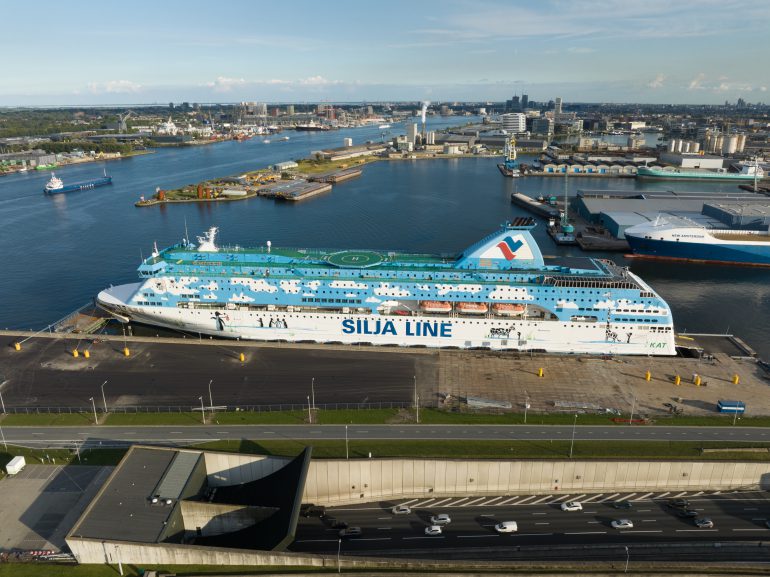A new Dutch immigration law slated for February installment is making its way through the review with the involved organizations and municipalities. The so-called “distribution law” law seeks to solve the current immigrant overflow crisis and address the increasing number of asylum seekers at Dutch borders and entry points. The law, drafted by Eric van der Burg (VVD), the State Secretary for Justice and Security, has been a hotly debated piece of legislation since its inception, since it allows the national government to step in at the municipal level and require local governments to take in immigrants. And now, in the final stages of this new law, it’s being criticized yet again by both immigrant organisations as well as municipalities for being too vague in how the law will actually be implemented and managed. Municipalities also argue that it’s unclear how many people they will actually receive.
The current immigration crisis in the Netherlands is a multi-faceted “perfect storm” of conditions that include an overflow of immigrants at several asylum receiving centres throughout the Kingdom, notably at the reception centre at Ter Apel, a backlog of applications with the Dutch Immigration Service (IND) and an increasing number of people seeking refuge in the Netherlands due to the global migration crisis being brought on by war, climate change and other global crises. All of these factors appear against the backdrop of municipalities that are already stretched thin with their own housing crises and who are unable – and some unwilling – to house a larger number of refugees.
The current situation has been building for more than a year now and has reached a boiling point with refugees sleeping outdoors at the Ter Apel reception centre and 500 unaccompanied refugee children urgently in need of support. The government has made little progress in finding a solution over the past year. In the parliamentary debates, few proposals proved viable, since most political parties – particularly the far-right parties – could not agree to any legislative solution, as they could not agree whether the number of immigrants entering the Netherlands should be reduced altogether. Thus, this problem will continue to exist beyond solving the current overflow situation.
Minister Van der Berg’s law faced strong opposition within his own party VVD, the largest party in the current coalition government. The law would allow the national government to step in and require municipalities to create space for a certain number of immigrants in an effort to more evenly distribute asylum seekers over the country, receiving €2500 per refugee they accept. The party in general was skeptical about the law, but in early November a faction within the VVD prepared actual motions against the law. The group, who called themselves the ‘Classical Liberals’, argued that the national government forcing its policies on to lower-level municipal governments went against the tenets of ‘decentralized government’ for the sake of protecting failed national policies.
The debate within the VVD went as far as having the Prime Minister, Mark Rutte, step in at the November party meeting to convince party members to back the new law. According to Dutch political protocol, having the Prime Minister essentially convince party members to back legislation is unprecedented, attesting to the gravity of the situation. In the end, Rutte was able to convince his party to back the law, promising to work towards also decreasing the total number of immigrants as a part of the proposed solution. These promises of reducing the number of immigrants were also made to other coalition parties (CDA and CU), while also promising all coalition parties to put blocks on granting automatic entry for family members of those who have already been granted asylum in the Netherlands.
It’s unclear how the next months of debates and revisions will ease the trepidations of many against the law, but one this is for sure: until the government – and indeed, the EU and other Western nations – collectively address the causes of the global migration crisis, the Netherlands will continue to be burdened with a large number or immigrants and the concomitant debates and opposition.
Written by Marla Thomson
